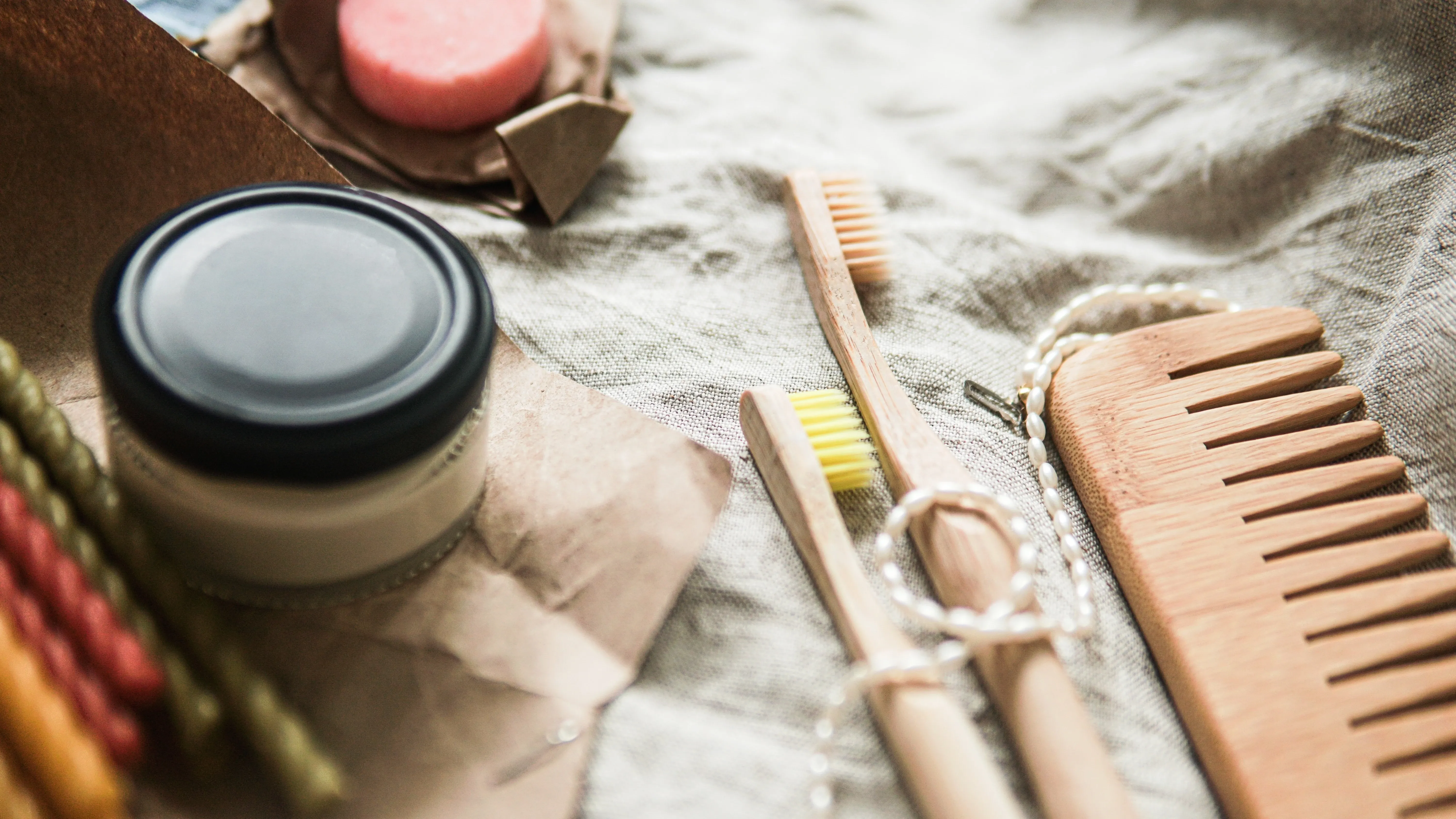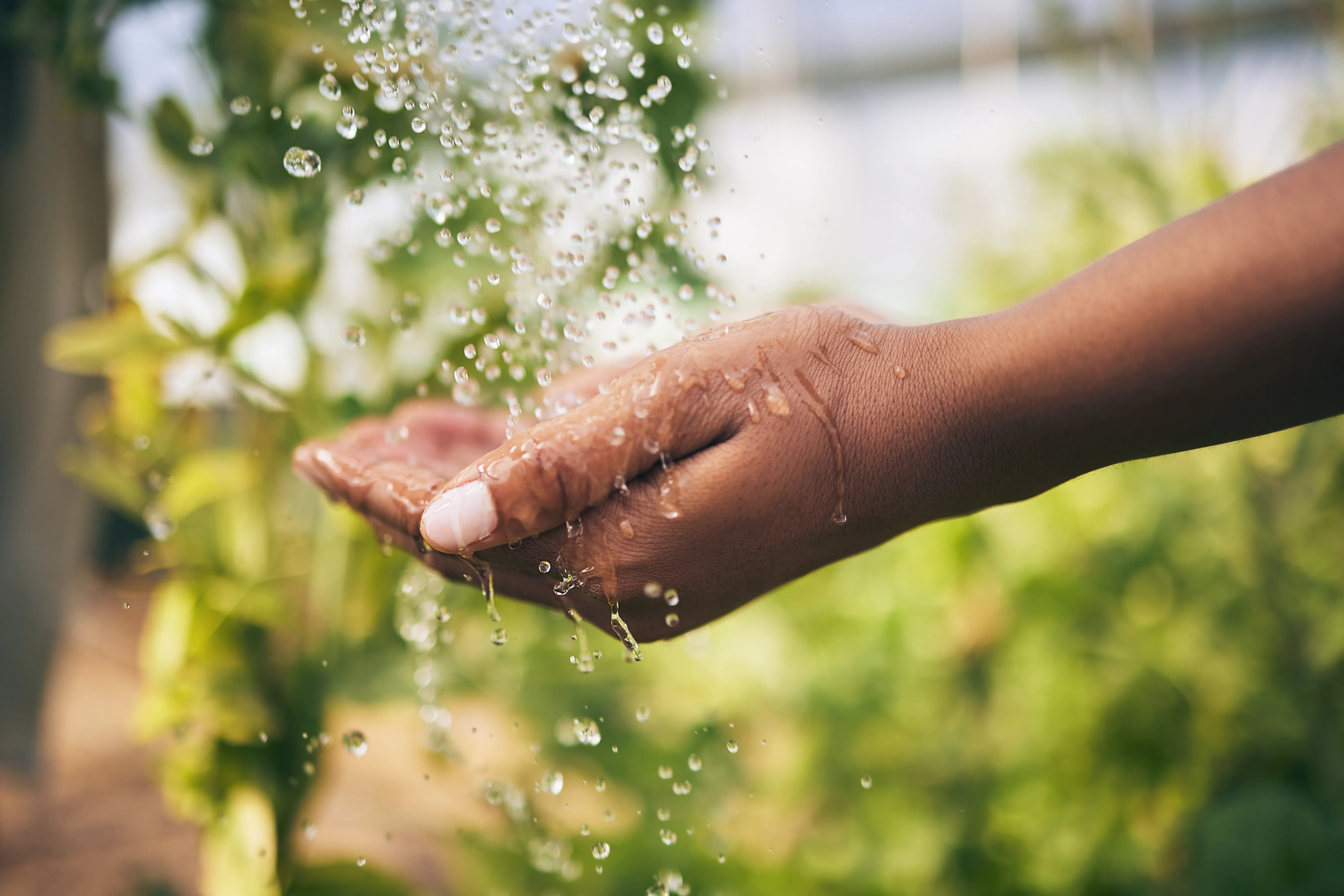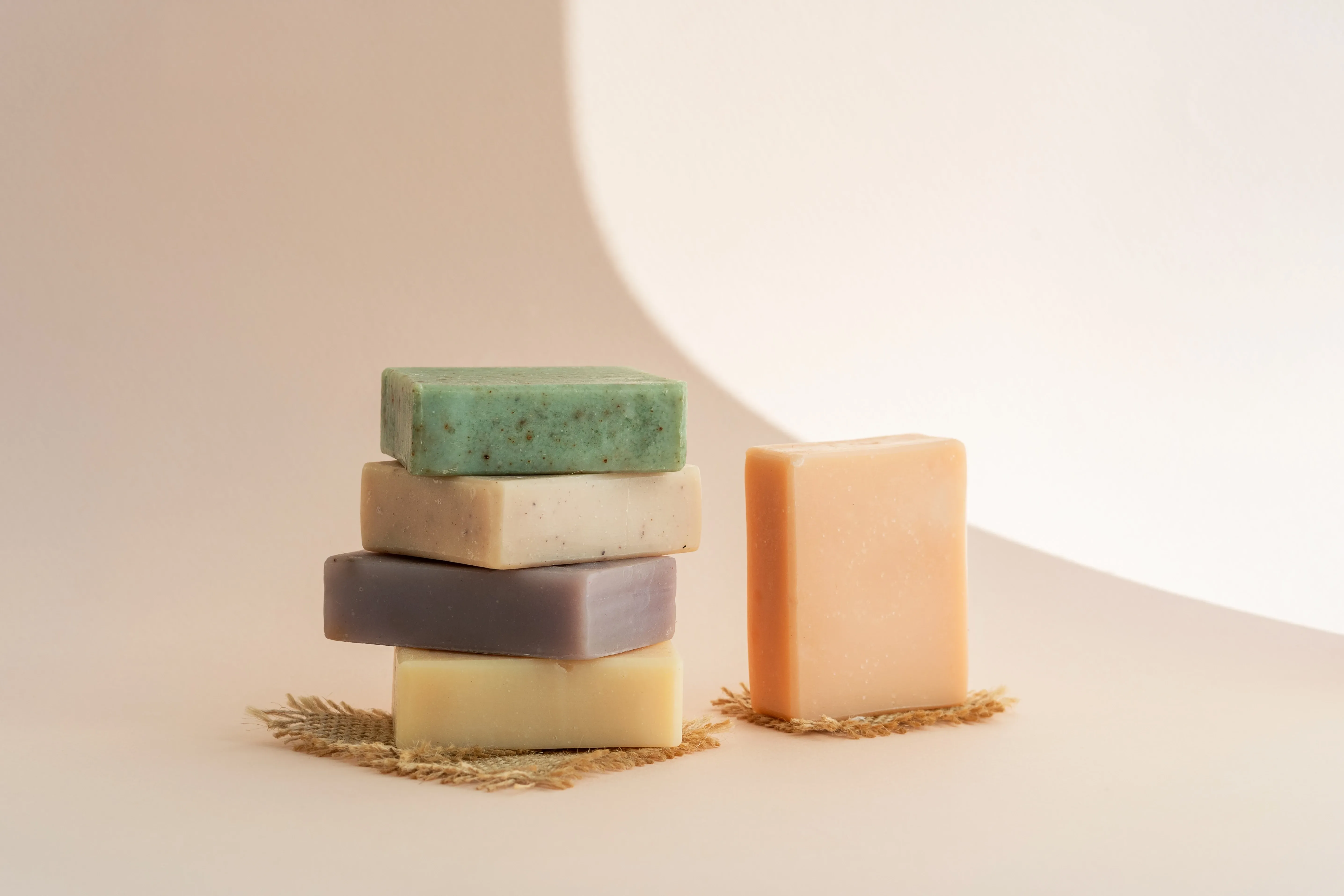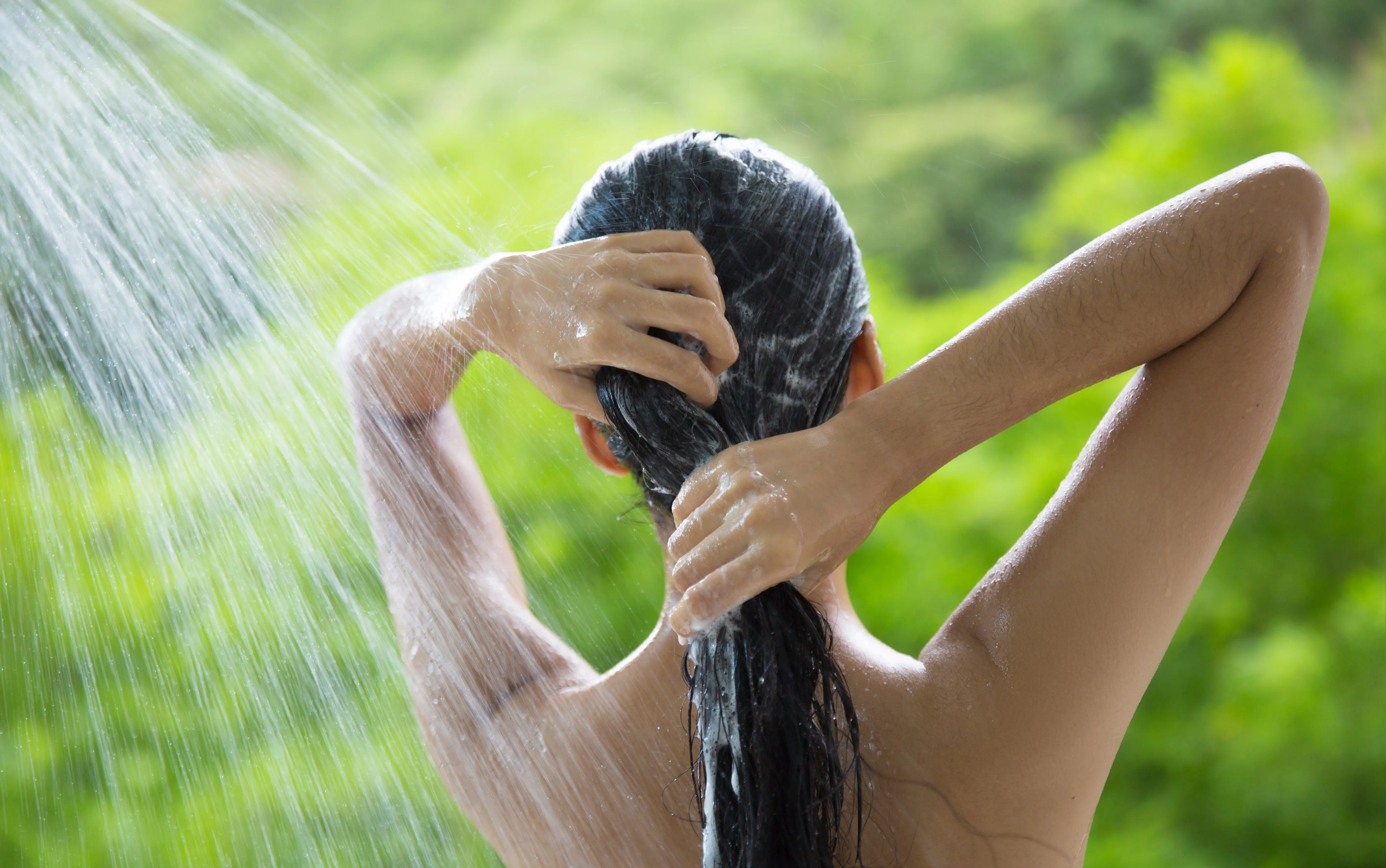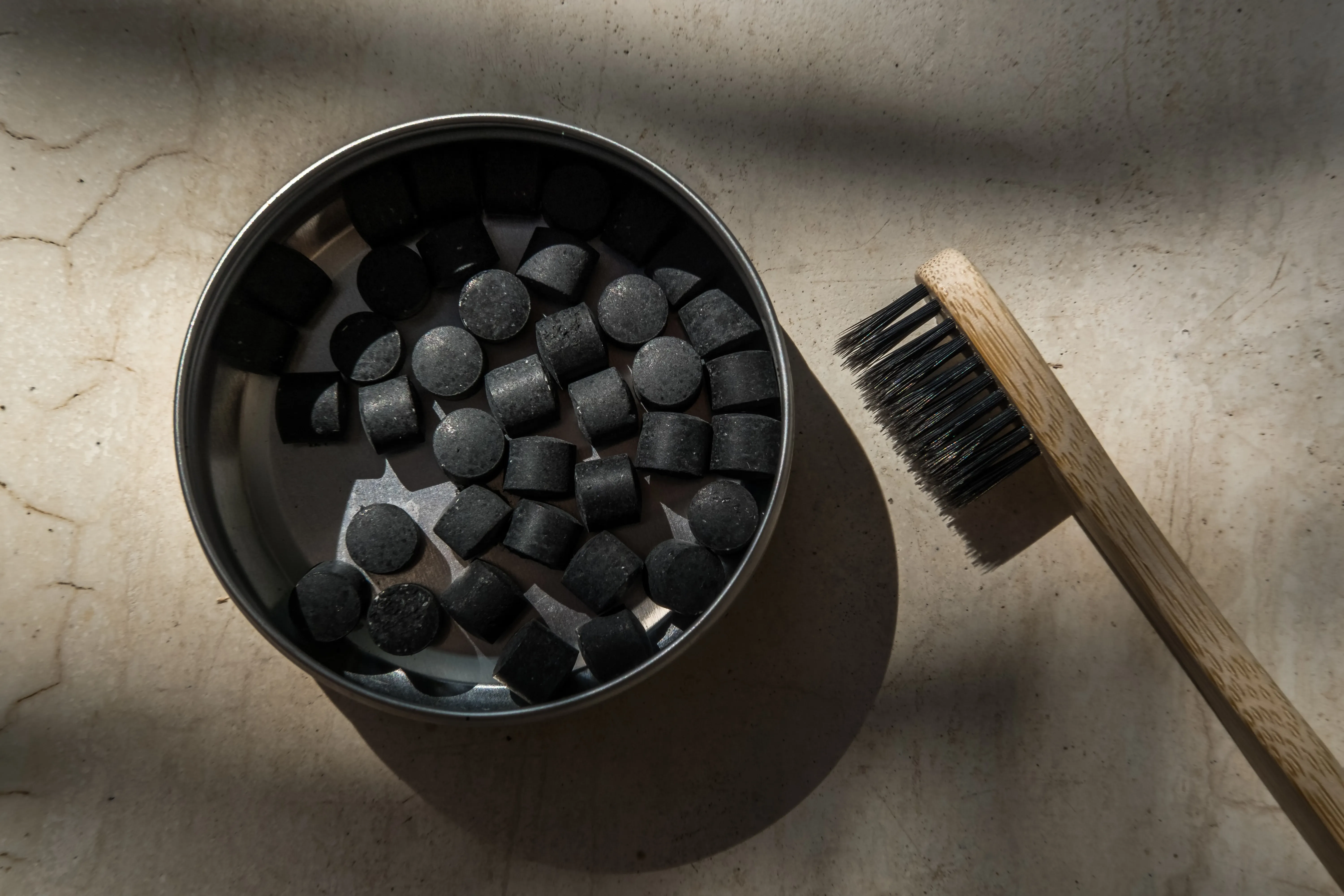Ecofriendly outdoor hygiene in remote places
If you are working or travelling in remote locations, you probably won’t have the luxury of ceramic bathrooms with running water, let alone integrated sewage systems.
It is more important than ever, then, to consider what products you are using and find eco-friendly travel toiletries that will help keep your environmental footprint to a minimum. Find out more about ecofriendly outdoor hygiene while camping.
What are ecofriendly toiletries?
The main considerations when looking for eco-friendly toiletries are the ingredients and the packaging. When it comes to finding environmentally-friendly toiletries at home, the focus might be on reducing single-use plastic bottles and avoiding the microplastic beads sometimes found in body scrubs by choosing zero-waste toiletries.
When packing for a trip that will involve keeping clean in the wild, the choice of ingredients becomes especially important, since your shower water and toothpaste will be going straight back to the environment without first being filtered by sewage treatment works.
Plastic-free travel toiletries
There probably won’t be recycling bins in the remote place you’re travelling to, so, unless you’re planning to leave room in your backpack for empty bottles to bring back to town, plastic-free travel toiletries are essential. Remember that plastic-free does not always mean biodegradable; to reduce your impact on the environment even further, look for toiletries with compostable (or better yet, no) packaging.
Zero-waste toiletries are the gold standard. These toiletries would include, for example, shampoo bars without any packaging. The manufacturers of zero waste toiletries aim to eliminate waste at all stages of the manufacturing process as well as once the item has reached the consumer.
Compostable vs biodegradable toiletries
When researching products, it is important to know the difference between biodegradable and compostable. All compostable items are biodegradable but not all biodegradable items are compostable. When organic matter is composted in a well-managed composting system, the waste is nutrient-rich and can be returned to the earth with benefits for the soil.
If a product is labelled as biodegradable, it will break down into natural elements, though this process will take time – usually months. These products are more sustainable than synthetic products, which can take many years to decompose. Biodegradable materials do, however, need to be disposed of carefully at special waste facilities to reduce their environmental impact.
Eco-friendly toiletry ingredients
As a general rule, it is best to look for sustainable toiletries containing organic ingredients with names that you recognise. Some products might contain palm oil – look out for the sustainable palm oil accreditation to ensure the ingredient has been sourced responsibly.
Avoid ingredients such as parabens, oxybenzone and octinoxate, sulfates, artificial fragrances and triclosan, all of which are thought to harm aquatic ecosystems.
»As a general rule, it is best to look for sustainable toiletries containing organic ingredients with names that you recognise.«
Eco-friendly alternatives to travel-sized toiletries
If you’re travelling light or by air, sustainable travel-sized toiletries will be essential. One of the best ways to keep your toiletries eco-friendly is by using re-fillable containers. These are especially useful if you will be able to re-fill them with sustainable products when you have reached your destination.
Better still, consider using solid, plastic-free eco-friendly travel toiletries, like shampoo and soap bars. Not only are these products good for the environment but if you’re flying, they won’t take up any of your liquid allowance
What to pack: Eco friendly travel essentials
- Solid shampoo/conditioner bars
- Solid soap bars (or a soap bar designed for use on both your hair and skin)
- Natural deodorant bar
- Powder or tablet toothpaste
- Eco-friendly hand sanitiser
- Sunscreen (choose a reef-safe sunscreen without oxybenzone and octinoxate)
- Olive oil (useful for make-up removal and moisturising skin)
- Essential oil-based bug spray (without deet)
- Essential oil for bite relief (lavender, mint and tea tree oils can help)
- Menstrual cup or period underwear
- Reusable cotton pads
- Reusable cotton buds
- Tins to store your bars in
Maintaining personal hygiene without a bathroom
How can I stay clean without a shower? The thought will probably cross your mind before you spend a long stint in nature for the first time. Staying clean while living in a remote location can be difficult but it is possible to stay on top of your hygiene, even when there isn’t a bathroom nearby. Using natural water sources is the best way to stay clean without a shower.
If there is a lake or stream nearby, take advantage and rinse off in the natural water – just be sure to leave your soap in your bag, since even eco-friendly travel toiletries such as soaps and shampoos can have a negative environmental impact when they are released directly into a water source.
Is it ok to bathe in a lake?
Instead of lathering up in a lake, rinse off in the body of water before using your environmentally-friendly toiletries with a washcloth in an area at least 30 metres away from any water source. Dispose of your soapy water (this goes for dish/laundry water, too) in a hole at least 15 cm into the ground to aid the process of biodegrading.
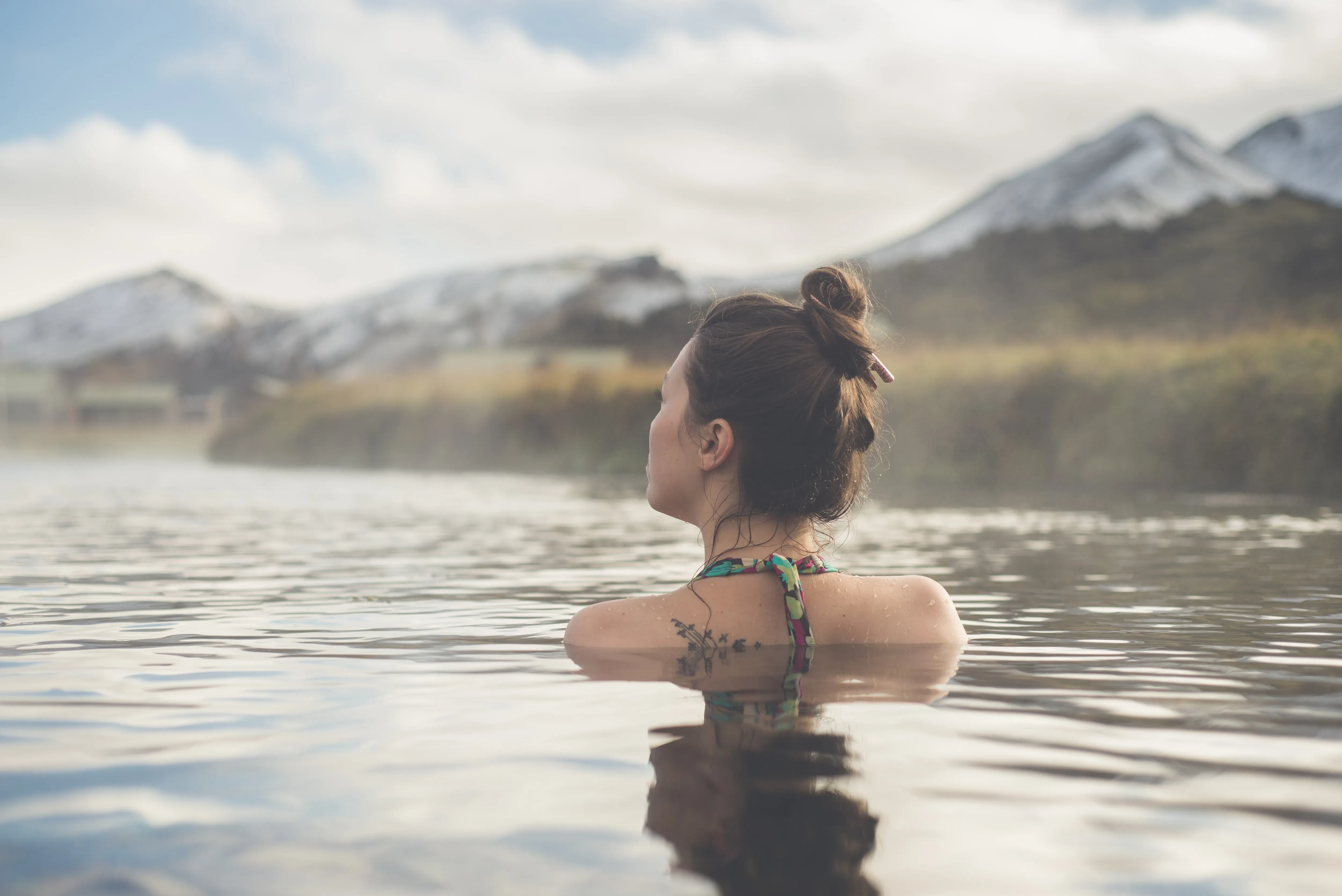
Personal hygiene without water
If there isn’t a body of water nearby but it does often rain, consider collecting rain water and using a bucket to rinse off using sustainable travel toiletries (again, always 30 metres or more from natural water sources). Prepare ahead of time and buy eco-friendly wipes to use when there is no access to water for washing.
Proper clothes for more hygiene
In terms of clothing, breathable options made of natural fibres, like linen, are usually best. While synthetic materials like polyester are often marketed for being sweat-resistant, these materials might prevent sweat from escaping, so could be considered less hygienic if you aren’t taking regular showers. Wash your clothes occasionally using a bucket of rainwater and sustainable laundry detergent.
Last but certainly not least, ensure that your eco-friendly travel toiletries set includes an environmentally friendly hand sanitiser that you can use when your hands get dirty and before preparing food.
Take a look at the inner values
With a huge movement towards sustainable living, there are more eco-friendly toiletries available on the market than ever before. Fortunately, the same goes for eco-friendly travel toiletries options, which allow you to reduce your impact on the environment on the go. Be sure to prepare ahead of a remote, outdoor trip so you can stay on top of your personal hygiene without harming the nature around you - for instance, with plastic-free travel toiletries.
Consider not only the packaging of your toiletries, but also the ingredients – familiarise yourself with the names of additives that are known to harm biodiversity before embarking on your eco-friendly toiletry shop! Finally, don’t forget the golden rule for washing outside – only use your products when you are 30 metres or more away from a natural water source.
Sign up for the newsletter
By clicking on “Subscribe now” I will subscribe to the Conscious Explorer newsletter with all the information about mindful travel. Information on the success measurement included in the consent, the use of the shipping service provider MailChimp, logging of the registration and your rights of revocation can be found in our privacy policy.

